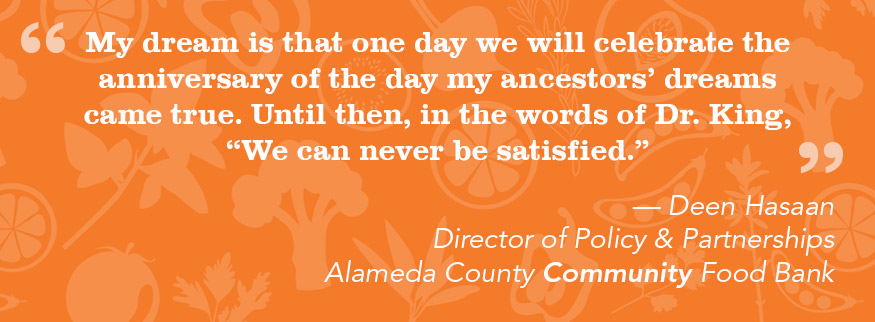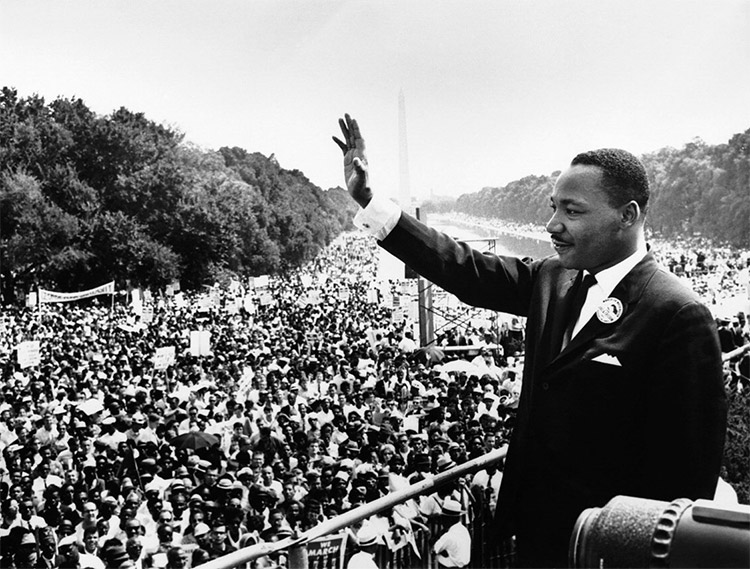America loves anniversaries. In dysfunctional relationships, these are opportunities to celebrate the elapse of time and engage in selective nostalgia while rationalizing or ignoring the dysfunction. August 28th is one of those occasions.
As we commemorate the 1963 March on Washington, we are inundated with speech clips and epic imagery of the massive crowd at the Lincoln Memorial.
America will remember what it wants to remember.
For those of us who have been in an abusive relationship with America for over 400 years, anniversaries are painful. They remind us how long we have been abused. When I think about the March On Washington, I think about its full name: March On Washington for Jobs & Freedom. I think about Black people being only 98 years removed from slavery in 1963. I think about August 28th being selected as the date for the march because eight years prior a 14-year-old Black boy was killed by white terrorists in Mississippi for “flirting” with a white woman. I think about the 16th Street Baptist Church in Birmingham, Alabama that was bombed also by terrorists killing four Black girls – ages 12-14 – less than two weeks after Dr. Martin Luther King, Jr. gave his famous “I Have A Dream Speech.”

America loves this speech for its feel-good moments like, “…one day right there in Alabama little black boys and black girls will be able to join hands with little white boys and white girls as sisters and brothers” and “I have a dream that my four little children will one day live in a nation where they will not be judged by the color of their skin but by the content of their character.”
America remembers what it wants to remember.
What resonates with me is when he says, “It would be fatal for the nation to overlook the urgency of the moment. This sweltering summer of the Negro’s legitimate discontent will not pass until there is an invigorating autumn of freedom and equality.” Activists and organizers are marching on Washington once again as I write these words and I pray for their strength and protection as they are forcing America to remember and reconcile history in its totality. I am reflecting on my responsibility to the “urgency of the moment” as a member of the Food Bank and more importantly as a legitimately discontent Black man. My dream is that one day we will celebrate the anniversary of the day my ancestors’ dreams came true. Until then, in the words of Dr. King, “We can never be satisfied.”
– Deen Hasaan, Director of Policy & Partnerships





